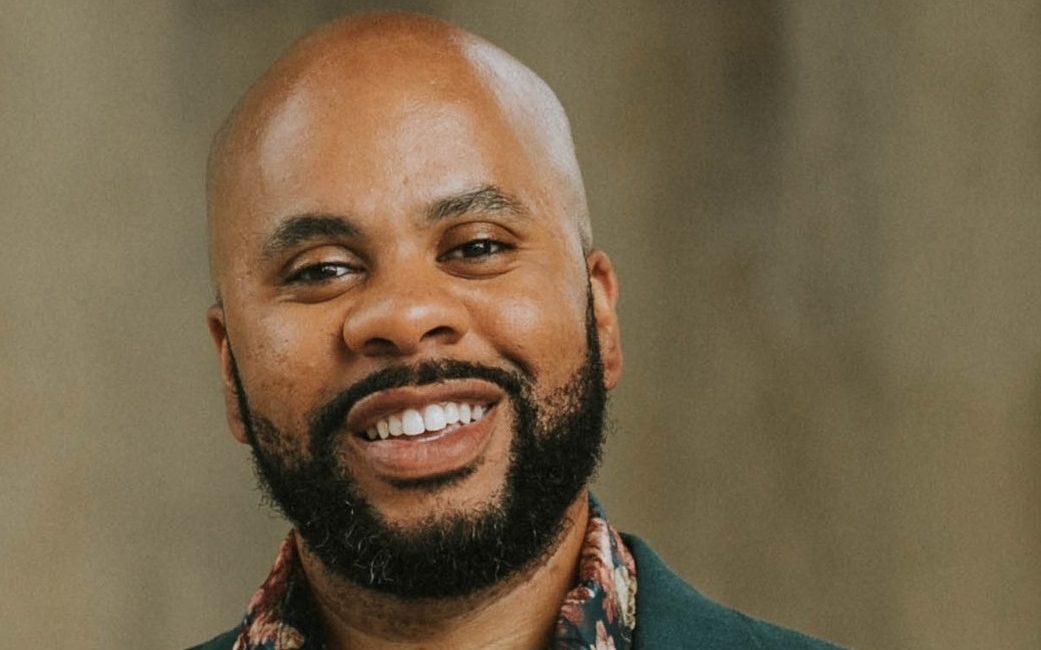UPDATE: A heartfelt plea from a woman diagnosed with Alzheimer’s highlights an urgent issue faced by many: the overwhelming isolation that comes with this devastating disease. In her letter, she expresses profound loneliness, stating, “I know lots of people, and I get lonely and sometimes cry,” underscoring the emotional toll of social disconnection.
As she reaches out for advice, the response from renowned advice columnist R. Eric Thomas sheds light on possible solutions to combat this growing issue. “It doesn’t have to be this way,” Thomas reassures, emphasizing the need for caregivers and friends to actively engage and support those suffering from Alzheimer’s.
This urgent matter is not just an individual concern; it reflects a broader societal challenge where patients feel abandoned as their conditions progress. With an aging population, experts warn that the need for effective support networks is crucial. Thomas suggests creating a list of social connections that the patient misses and sharing it with their spouse or caregiver to find new ways to connect.
Additionally, he encourages exploring local or online Alzheimer’s support groups found at alz.org, which offer not only understanding but also valuable companionship. These groups can provide vital social interactions that many patients desperately need.
Moreover, the column also addresses another pressing issue—communication breakdowns with contractors during home improvement projects. A frustrated homeowner expressed disappointment over a lack of acknowledgment after declining contractor quotes. “Isn’t at least an acknowledgment of our final communication in order?” she questioned, highlighting the importance of good communication in professional relationships.
Thomas acknowledges the challenges contractors face in managing their time but emphasizes that maintaining communication is essential for building trust. He suggests that even a simple acknowledgment could enhance customer loyalty and potentially lead to future business.
As these issues unfold, it is evident that both personal connections and professional communications play a critical role in maintaining well-being in our communities. The emotional impact of feeling heard and connected is more vital than ever, particularly for vulnerable populations.
Moving forward, caregivers, families, and professionals must prioritize communication and connection. The emotional health of those affected by Alzheimer’s, as well as the general public’s interactions with service providers, depend on it.
In these trying times, let’s foster more inclusive environments where everyone feels valued and connected. For ongoing support and resources, visit alz.org and explore local support options today.
